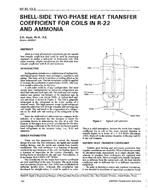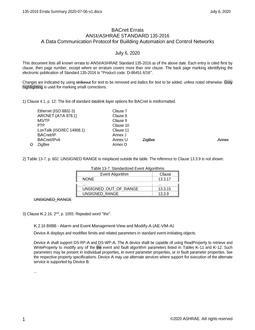Describes an examination in a small office-type experimental room of a ventilation method to attain improved indoor air quality with effective use of energy. The experiments used human subjects and the position of air supply and extract openings could be changed. Reports the possibilities of improving ventilation efficiency and reducing ventilation requirements when upward ventilation is compared to downward ventilation. The results indicated that 1) upward ventilation always extracts CO2 more efficiently than downward ventilation die to upward convection around the human body, 2) ventilation efficiency is up to twice as great in upward ventilation than in well-mixed ventilation because the concentration of CO2 is increased between the upper and lower parts of a room by upward ventilation, and 3) because upward ventilation extracts air with a higher CO2 concentration than that in the breathing zone, it is possible to achieve a ventilation efficiency greater than 100%.
KEYWORDS: Ventilation, carbon dioxide, experiment, Japan, efficiency, indoor air quality
Citation: ASHRAE Trans. 1992, vol.98, Part 1, paper number 3567, 242-250, 7 figs, 5 tabs, refs.
Product Details
- Published:
- 1992
- File Size:
- 1 file , 950 KB
- Product Code(s):
- D-17763


